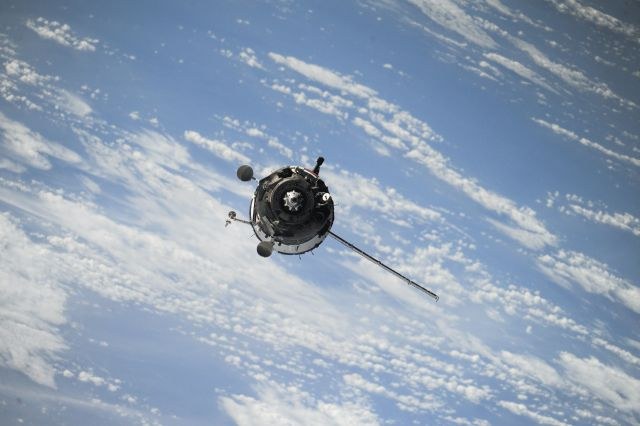The idea behind ALCYONE - a new Horizon Europe research project involving the University of Bologna - is that of a mini laboratory using bioluminescence to study the effects of radiation during space missions. The goal is to develop an analysis platform for cell cultures that can work both inside small satellites (CubeSat) and in robotic and manned space missions.
The project stems from the need to find solutions to the radiation hazard in space, as long-term space missions can indeed be dangerous for astronauts due to high radiation levels. No adequate solutions have yet been found, partly because of the challenges in carrying out the necessary research in a simulated environment.
ALCYONE intends to change this by devising a new analytical platform to carry out biological experiments on prokaryotic and eukaryotic cell cultures exposed to the space environment.
Scientists will design a lab-on-chip with thin-film sensors and actuators that will use bioluminescence to study the effects of radiation. The device will be a highly versatile analytical system, which will not only operate in CubeSats, but also be easily deployed in wider space exploration missions.
ALCYONE, funded under the Horizon Europe programme, officially started on 24 January with a kick-off meeting held in Rome. The project is coordinated by the Sapienza University of Rome and brings together an international team involving the University of Bologna, the University of Tor Vergata (Italy), the University of Twente (Netherlands), the Karlsruhe Institute of Technology (Germany), and Kayser Italia s.r.l. (Italy).


